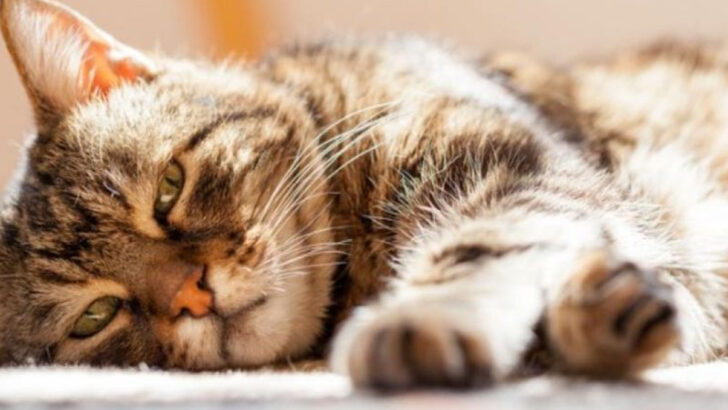Watching a beloved cat grow weak or act differently can be heartbreaking. Cats are masters at hiding pain, so the signs that something serious is happening often appear late. That’s why it’s important to know what to look for—so you can offer comfort when they need it most. Whether they’re sleeping more, eating less, or simply hiding away, every small change can mean a lot. As hard as it is, being there for them during their final days is one of the kindest things you can do. Knowing how to ease their stress can make those moments feel a little less painful—for both of you.
Change in Appetite
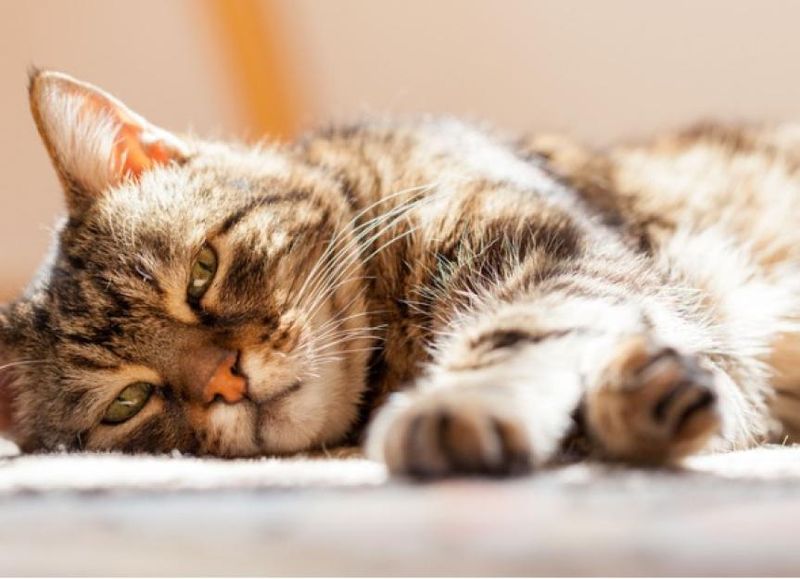
A sudden decline in appetite can signal a cat’s declining health. If your once voracious eater is now ignoring meals, it may be a sign they are nearing the end. Cats often lose interest in food when they are in pain or discomfort.
Monitor their eating habits closely. Offer tempting treats or a different type of food to entice them. If they continue to refuse food, consulting with a veterinarian is crucial. Their guidance can help determine if there is an underlying issue or if it’s a natural part of the dying process.
Lethargy

When a lively cat becomes unusually lethargic, it can be concerning. You may notice your feline friend no longer greets you at the door or plays with their favorite toy. This lethargy could indicate declining health.
Cats nearing the end of life often lack the energy to engage in their usual activities. Offering a warm, comfortable place to rest can provide them with solace.
Keep an eye on their behavior. If they show little interest in their surroundings, consider discussing these changes with your vet for further insights.
Weight Loss
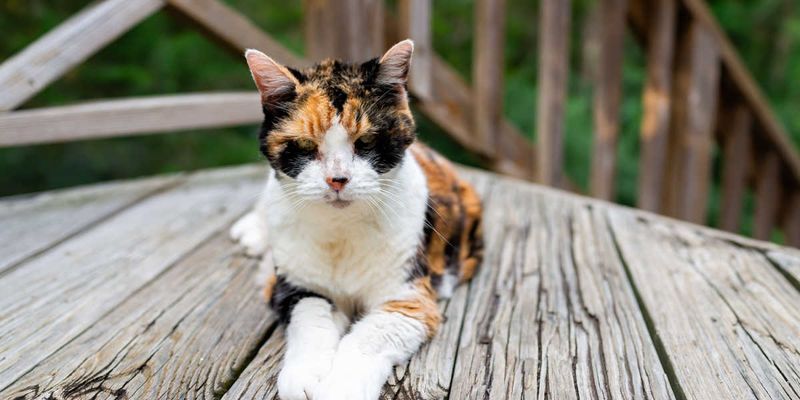
Unexplained weight loss in cats can be a distressing sign. A gradual decrease in weight might not seem alarming, but rapid loss could indicate a serious health issue. Monitoring your cat’s weight is vital as they age.
If you notice their bones becoming prominent or fur appearing dull, it may be time to consult a veterinarian.
They can provide guidance on whether this is a natural progression or something more. Ensuring your cat receives proper nutrition during this time can also offer them comfort and strength.
Difficulty Breathing
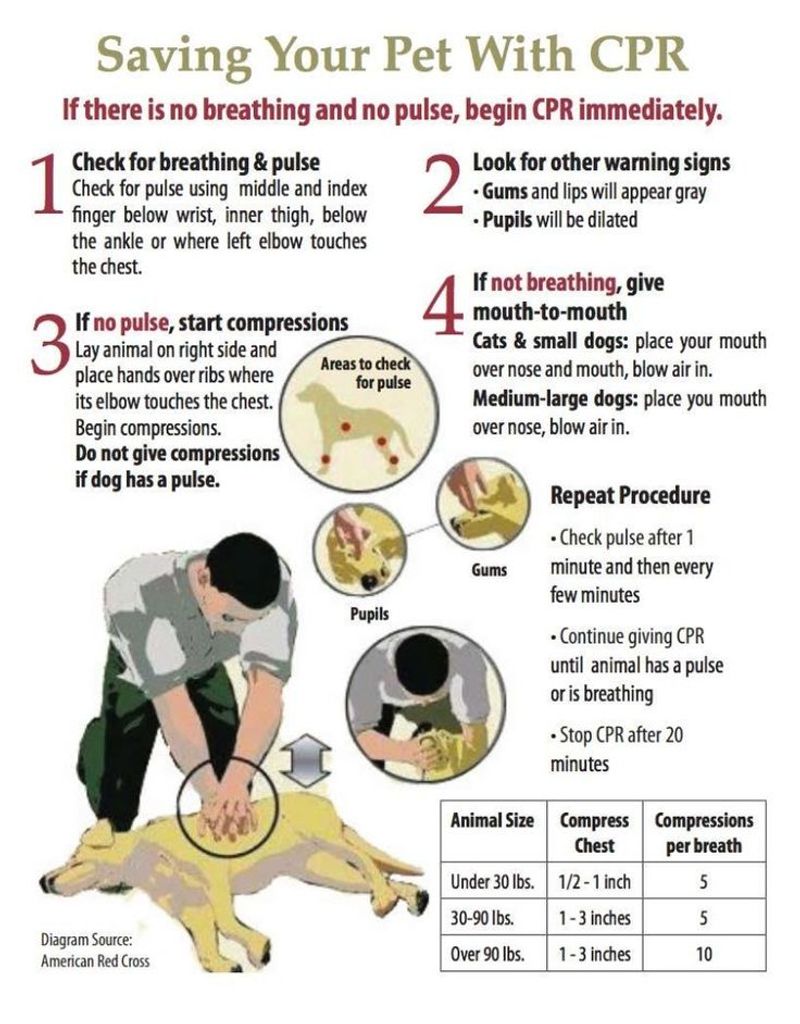
Breathing difficulties in cats are alarming. If your cat is breathing rapidly, noisily, or with an open mouth, it could be a sign of distress. Respiratory issues may indicate that they are nearing the end of life.
Keep their environment calm and quiet. Stress can exacerbate breathing problems, so a peaceful setting is essential.
Consult your veterinarian as soon as possible. They can assess the severity of the issue and advise on potential treatments or palliative care. These steps can help your cat breathe easier.
Isolation

Cats often seek solitude when they are unwell. If your sociable pet suddenly hides away, it may be a sign of distress or illness.
Providing a quiet, comfortable space can make them feel secure during this time. Respect their need for privacy, but keep a close watch on their behavior.
Isolation can sometimes indicate that they are nearing the end. Gently check on them, offering love and reassurance without disturbing their peace. Consulting with a vet can help determine if this behavior is part of a natural decline.
Changes in Grooming
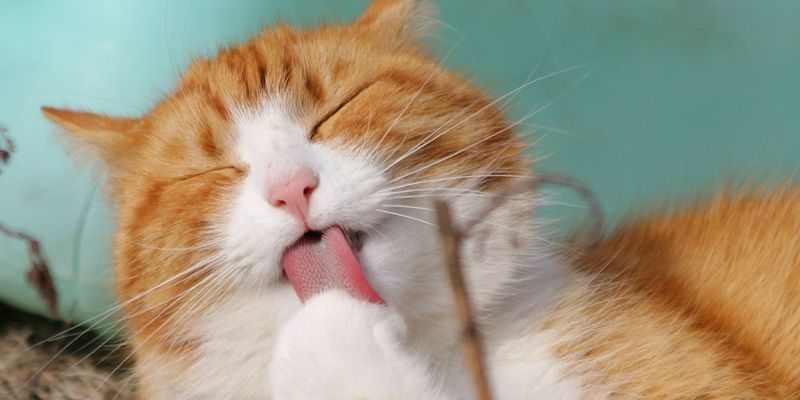
Cats are meticulous groomers, so a sudden change in grooming habits can be concerning. If your cat’s fur becomes matted or dirty, it may indicate they are unwell.
This lack of grooming can be a sign of depression or physical discomfort. Gently brushing their coat can provide comfort and a sense of normalcy.
Pay attention to other signs of declining health, and consult with a veterinarian if you see drastic changes. They can provide advice on care and help determine if this is a signal of your cat’s final days.
Increased Vocalization

If your cat suddenly begins vocalizing more than usual, it may be a sign of distress. This increase in meowing or howling can indicate pain, discomfort, or confusion.
Cats often communicate their needs through vocalization, and changes in this behavior can signal a problem.
Offering soothing words and gentle petting can help calm them. If the behavior persists, consulting with a veterinarian is essential. They can evaluate the situation and guide you on how to best comfort your cat during this time.
Poor Coordination
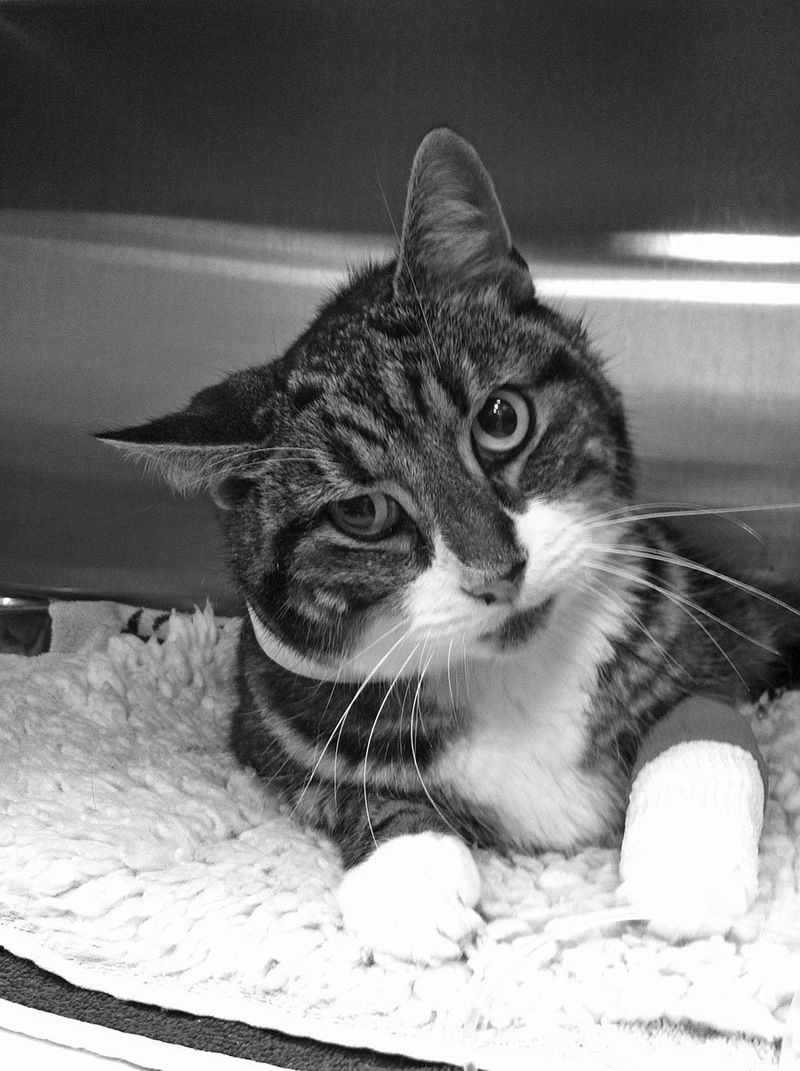
Impaired coordination in cats can be disconcerting. If your cat starts stumbling, wobbling, or having trouble jumping, it may indicate a neurological issue.
Cats nearing the end of life may lose their usual grace and agility. Creating a safe environment by removing obstacles can prevent injuries.
Consult with a veterinarian to explore possible causes and treatments. Their expertise can help determine if this is a reversible issue or a sign of their declining health. Providing support and understanding can ease this challenging time.
Loss of Interest in Play

A cat’s playful nature is often a cherished trait, so a sudden disinterest in play can be concerning. If your cat no longer engages with their favorite toys, it may indicate they are unwell.
Cats nearing the end of life often conserve their energy for essential activities. Offering gentle play or simply spending quiet time together can be comforting for them.
Monitor their behavior, and consider discussing these changes with a vet. Understanding the underlying cause can help you provide the best care during this time.
Changes in Bathroom Habits
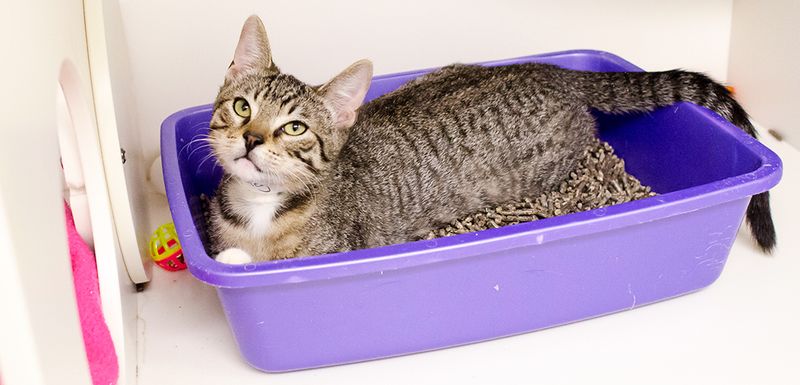
Litter box habits can reveal a lot about a cat’s health. If your cat suddenly changes their bathroom behavior, it may indicate a problem. Accidents outside the box or changes in frequency can be signs of distress.
Cats nearing the end may struggle with mobility or control. Providing an easily accessible litter box can help them.
Consult with a veterinarian to explore any underlying issues. Understanding these changes can guide you in offering the best care and comfort during their final days.
Decreased Thirst
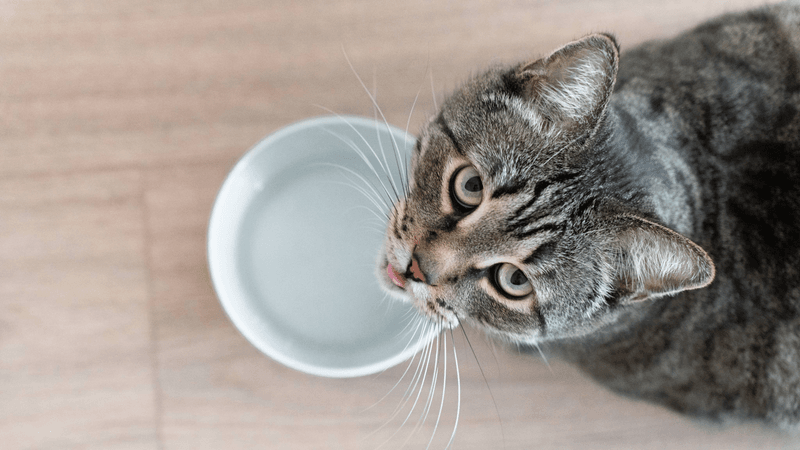
A sudden decrease in thirst can be a worrying sign in cats. If your cat is no longer drinking water, it may indicate a serious health issue.
Dehydration can lead to further complications, so encouraging small sips of water is important. Monitor their intake closely, and consider offering wet food to increase their hydration.
If they continue to refuse water, consult with a veterinarian. Their guidance can help determine if this is a natural progression or something that needs immediate attention.
Unresponsive to Affection
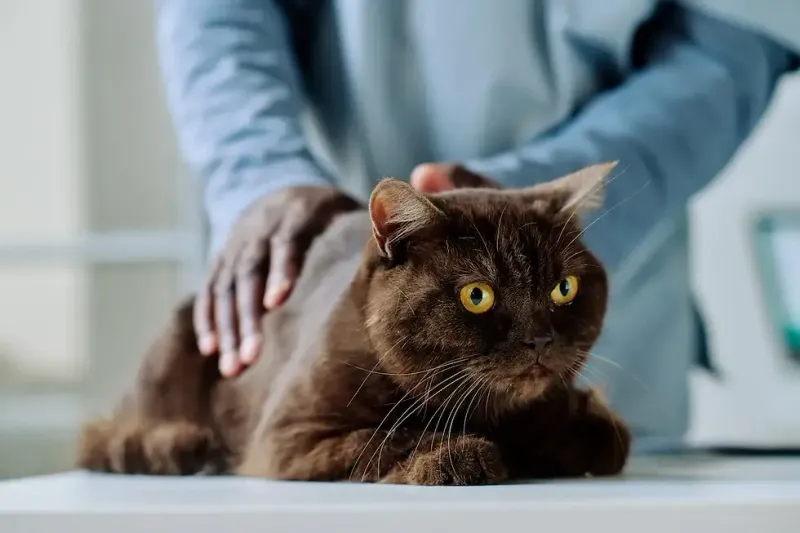
Cats often thrive on affection, so a sudden unresponsiveness can be alarming. If your cat no longer seeks or responds to petting, it may indicate they are in pain or discomfort.
Offering gentle touch and soothing words can provide reassurance, even if they don’t react. Monitor their behavior closely.
If they continue to seem distant, consulting with a veterinarian is essential. Understanding their needs and offering appropriate comfort can make their final days more peaceful.
Create a Peaceful Environment
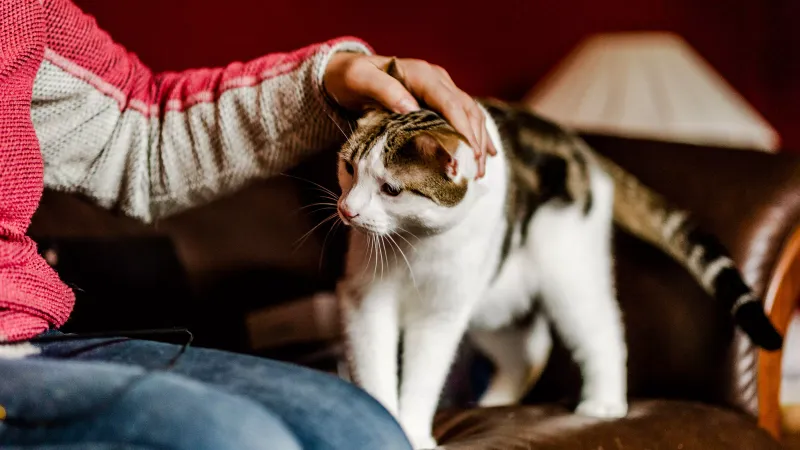
A tranquil setting can provide immense comfort to a dying cat. Soft lighting, gentle music, and a cozy bed can transform their environment.
Minimize noise and stress to create a haven where they feel safe and loved. Offering familiar scents, like a favorite blanket, can also provide solace.
Consider their preferences, and adjust the room accordingly. By crafting a peaceful space, you honor their needs and support them with compassion during their final days.
Provide Gentle Physical Comfort

Physical touch can be a soothing balm for a cat nearing the end of life. Gentle petting and holding can convey love and security.
Pay attention to their reactions, ensuring they are comfortable with the level of contact. Some cats may prefer a gentle brush or a soft blanket to cuddle.
Understanding their comfort preferences and respecting their boundaries is key. Offering physical comfort helps reinforce the bond you share, providing warmth and reassurance in their final days.
Consult with a Veterinarian
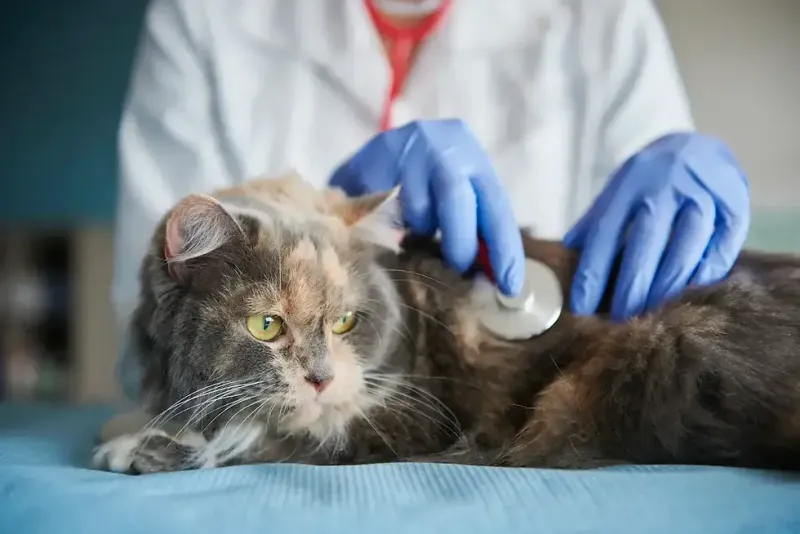
Professional guidance is invaluable when caring for a dying cat. A veterinarian can offer insights into their condition and recommend appropriate care.
Regular check-ups can help monitor their health and address any concerns promptly. Open communication with your vet ensures you have the information needed to make compassionate decisions.
Their expertise can guide you in providing the best care and understanding your cat’s needs during this challenging time. Consulting with them offers reassurance and support for both you and your feline friend.
Offer Favorite Foods
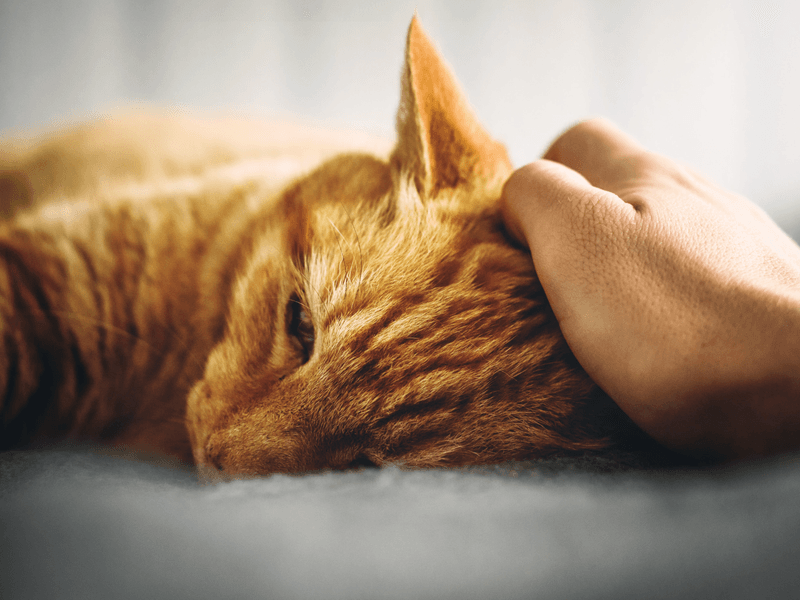
Enticing a cat with their favorite foods can bring joy and comfort. Even if their appetite has waned, familiar flavors may encourage them to eat.
Offering small portions of beloved treats can provide a sense of normalcy. Monitor their response, and adjust offerings based on their preferences.
Consult with a vet if you have concerns about nutrition. Providing favorite foods not only nourishes their body but also uplifts their spirit, creating moments of happiness during their final days.
Monitor Pain Levels
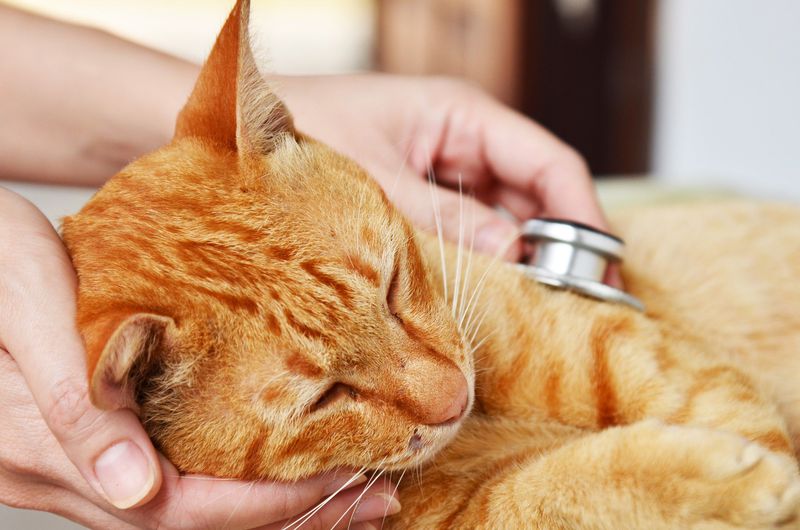
Pain management is crucial for a cat nearing the end of life. Observing signs of discomfort, such as limping or vocalizing, can guide your care approach.
Consulting with a veterinarian can help determine appropriate pain relief methods. Keep a watchful eye on their behavior, and ensure they have a comfortable resting space.
Pain management enhances their quality of life and provides relief. Working closely with your vet ensures your cat’s final days are as comfortable and pain-free as possible, allowing them to rest peacefully.
Maintain Routine

Consistency can be comforting for cats, especially during their final days. Maintaining routines, such as feeding times and play, provides a sense of security.
Even gentle grooming or familiar rituals can offer reassurance. Monitor their responses, and adapt your routine to meet their changing needs.
Keeping a routine helps reinforce the bond and creates a comforting environment. By offering predictability, you help your cat feel safe and loved, easing their transition with kindness and understanding.
Encourage Quiet Companionship

Sometimes, simply being present is the greatest comfort you can offer. Sitting quietly with your cat, sharing moments of companionship, can be deeply reassuring.
Respect their need for space, but offer your presence as a soothing balm. Gentle words or a soft touch can convey love and support.
This quiet companionship reinforces your bond and provides solace during a difficult time. By being there for your cat, you offer them a loving presence that speaks volumes, even in silence.
Use Soft Bedding
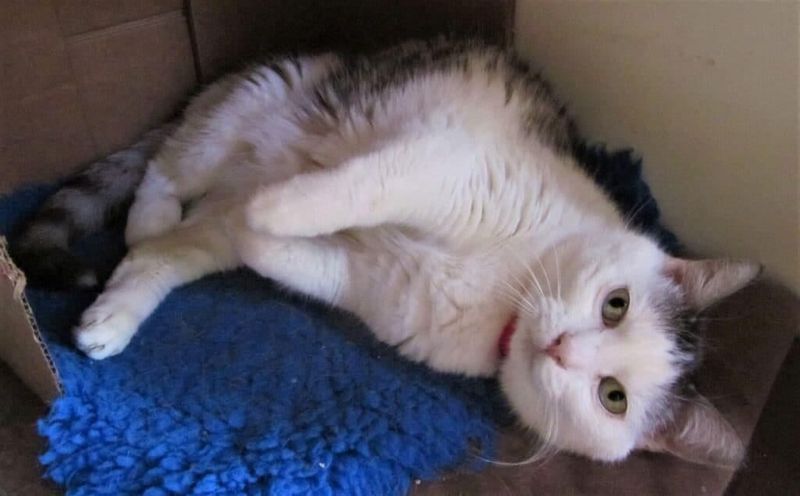
Comfortable bedding can make a significant difference for a cat in their final days. Providing soft, plush blankets and a cozy bed offers warmth and security.
Arrange their resting area in a familiar spot, where they feel safe and loved. Monitor their comfort, adjusting the bedding as needed.
Soft bedding supports their physical needs and offers emotional comfort. By creating a sanctuary of softness, you help ease their journey, wrapping them in love and care during their final moments.
Spend Quality Time

Cherishing the time you have left with your cat is vital. Engaging in gentle activities or simply sitting together strengthens your bond.
Consider their favorite pastimes, like a gentle brush or quiet cuddle. Being attentive to their needs ensures the time spent is meaningful.
Quality time nourishes their spirit and enriches your connection. These moments become cherished memories, providing comfort and closure for both you and your beloved pet. Spending this time together is a gift of love and companionship.
Consider Palliative Care
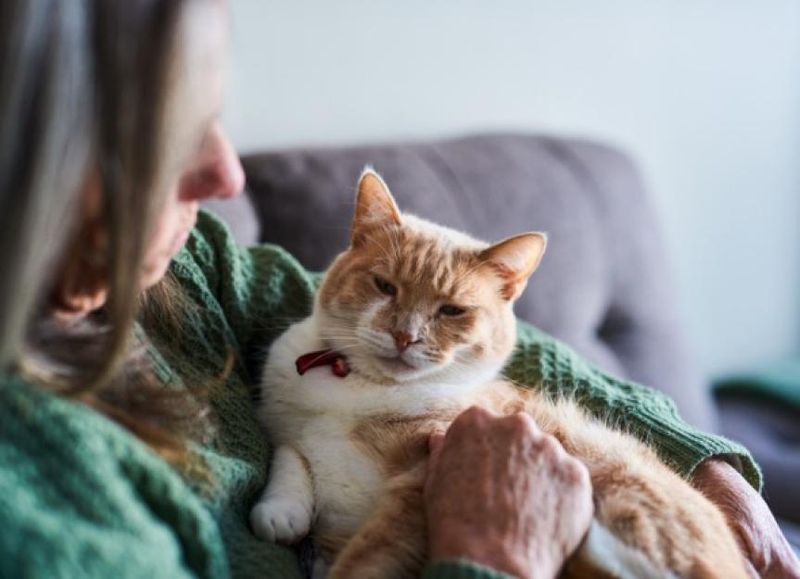
Palliative care focuses on comfort and quality of life for cats nearing the end. Consulting with a veterinarian about palliative options can provide guidance.
This care approach addresses pain management, nutrition, and emotional support. Tailor the care plan to your cat’s unique needs, ensuring they receive compassionate attention.
Palliative care enhances their final days, offering dignity and comfort. By considering this specialized care, you honor their life and provide a loving farewell filled with empathy and understanding.
Celebrate Their Life

Reflecting on the life shared with your cat can be healing. Creating a memory collage, sharing stories, or writing a tribute honors their place in your heart.
Celebrating their life acknowledges the joy they brought and the love shared. Engage in activities that remind you of happy moments together.
This celebration brings closure and peace, cherishing their legacy. By focusing on the positive memories, you keep their spirit alive, offering gratitude and love as you bid farewell.

